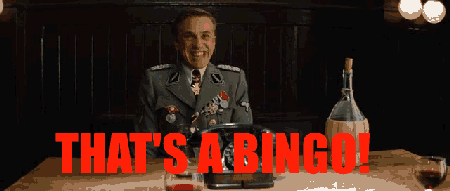In an email to Mr. Spanier on Sept. 1, Dr. Triponey wrote of Mr. Paterno: "I do not support the way this man is running our football program. We certainly would not tolerate this behavior in our students so I struggle with how we tolerate it in our coach."
That same fall, Dr. Triponey's office suspended Dan Connor, a Penn State linebacker, who had been accused of making harassing calls to a retired assistant coach. Shortly after the suspension was handed down, Mr. Paterno ordered the player to suit up, according to a person familiar with the matter. Dr. Triponey informed the player that if he suited up for practice, he would be in violation of his suspension and could face expulsion. Mr. Connor says he recalled being suspended only for games, not practice.
The incident prompted Mr. Spanier to visit Dr. Triponey at her home. Dr. Triponey confirms he told her that Mr. Paterno had given him an ultimatum: Fire her, or Mr. Paterno would stop fund-raising for the school. She says Mr. Spanier told her that if forced to choose, he would choose her over the coachbut that he did not want to have to make that choice.
Later, Mr. Connor's suspension was reduced to 10 days, allowing him to return to football.
In 2007, as many as two dozen players broke into an off-campus apartment, sparking a melee that captured headlines and prompted the police to file criminal charges against six Penn State football players. "Pretty much the entire Penn State defense broke in and started swinging bar stools and stuff," says John Britt, then a third-year criminal-justice major who was beaten up in the incident. Mr. Britt says he took a beer bottle to the back of the headand that players apparently continued to beat him after he'd lost consciousness. (Now 25, Mr. Britt serves warrants for state court in Philadelphia.)
Dr. Triponey's department began an inquiry. According to a Penn State employee's record of the proceedings, Mr. Spanier was involved in at least nine meetings with representatives of the judicial-affairs department, and Mr. Paterno was involved in at least six.
In a meeting with Messrs. Paterno and Spanier and others, Dr. Triponey complained that the players were stonewalling her and suggested that Mr. Paterno ought to compel them to be truthful, according to one person familiar with the meeting. Mr. Paterno angrily responded that his players couldn't be expected to cooperate with the school's disciplinary process because, in this case, they would have to testify against each other, making it hard to play football together, these people say.
In the end, police dropped many of the charges against the players, and two pleaded guilty to misdemeanors. The school's inquiry led to four players being suspended for a summer semester. They did not miss any games.
Coach Paterno imposed his own punishment: he said the whole team would spend two hours cleaning up the stadium after home games that fall.
After Dr. Triponey's departure, the university hired Bob Secor, a former vice provost at the school, to head a committee to examine the judicial-review process. Mr. Secor says that Mr. Paterno told him that he didn't think other people should be able to decide whether a football player should be able to play or not. "And we agreed with that," he says.




